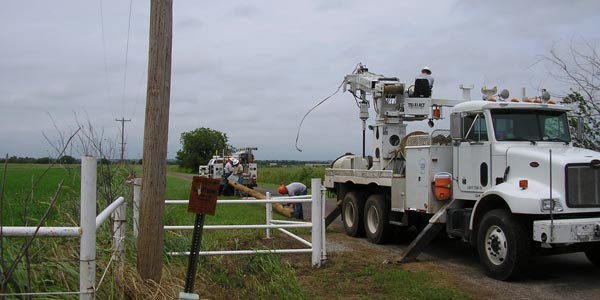By Michael Brooks
FERC said Thursday it will let MISO and SPP work with their stakeholders to determine whether the RTOs should require refund commitments from their transmission-owning nonpublic utility members.
In agreeing to hold in abeyance Section 206 proceedings on the issue, FERC ordered the RTOs to file proposals by Feb. 28, 2018 (EL16-91, EL16-99). FERC additionally required them to submit reports updating the status of their endeavors by Dec. 15.
The commission, however, rejected claims by MISO, electric cooperatives and nonpublic utilities that it lacked the authority to order changes in the RTOs’ governing documents to require refund commitments. While the Federal Power Act explicitly limits FERC’s jurisdiction to public utilities — a limitation the commission had acknowledged in its July 2016 order initiating the 206 proceedings — the co-ops argued that the commission’s actions amounted to a “work around,” or an indirect order. (See Co-ops, MISO, SPP Urge FERC Restraint with Nonpublic Utilities.)
Citing federal court rulings, FERC reasserted that once a nonpublic utility’s transmission revenue requirement becomes a component of an RTO’s rates, the commission can “‘analyze and consider the rates of [nonpublic] utilities to the extent that those rates affect jurisdictional transactions’ through their inclusion in the RTO’s rates.”
“The proposal as laid out in the July 2016 order gives nonpublic utility transmission owning members the choice to leave SPP if SPP membership is no longer financially advantageous,” FERC said, using identical language in its order regarding MISO. “The commission is, however, under no obligation to permit nonpublic utilities that choose to become members of SPP and to recover revenues through the SPP Tariff to collect unjust and unreasonable rates through an RTO’s jurisdictional tariff without any consequence.
“We acknowledge … that we lack the statutory authority to order nonpublic utility transmission owners to make refunds. Instead, the refund commitment would serve as a condition precedent for nonpublic utility transmission-owning members to recover revenues through the SPP Tariff associated with service provided due to their status as transmission-owning RTO members and based on a choice they made to become members.”





